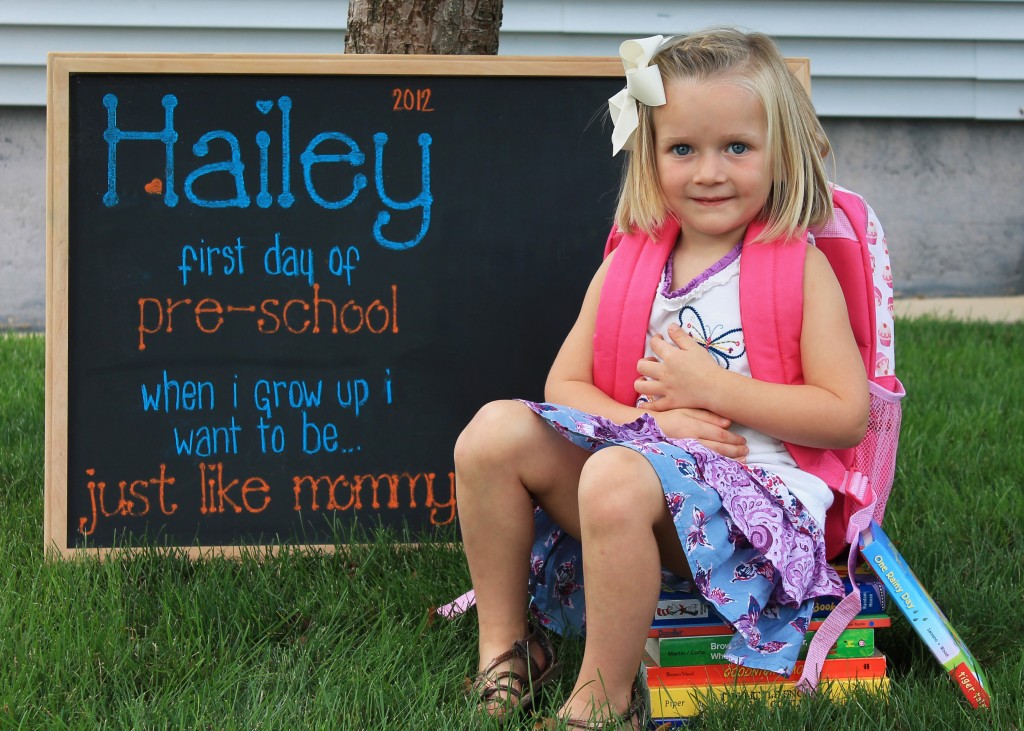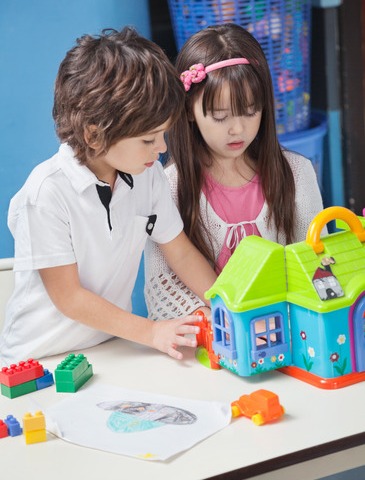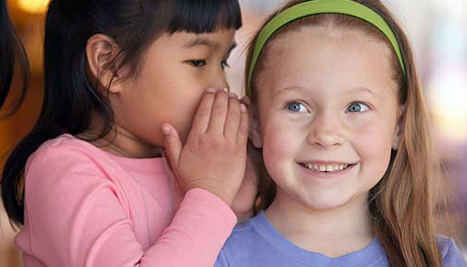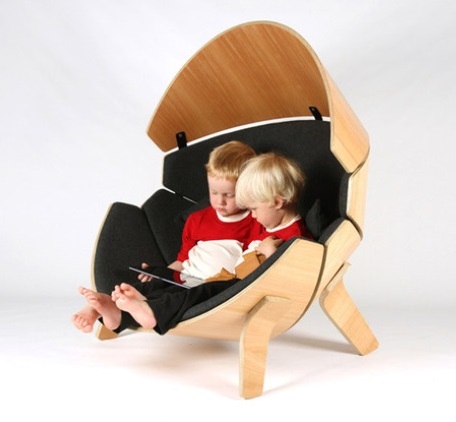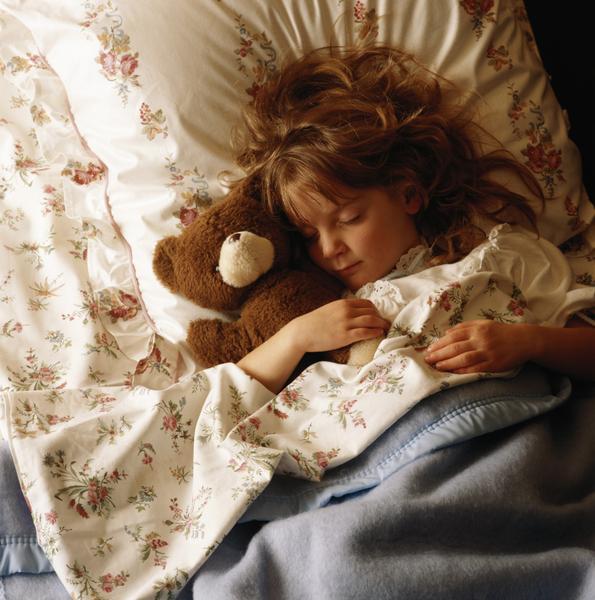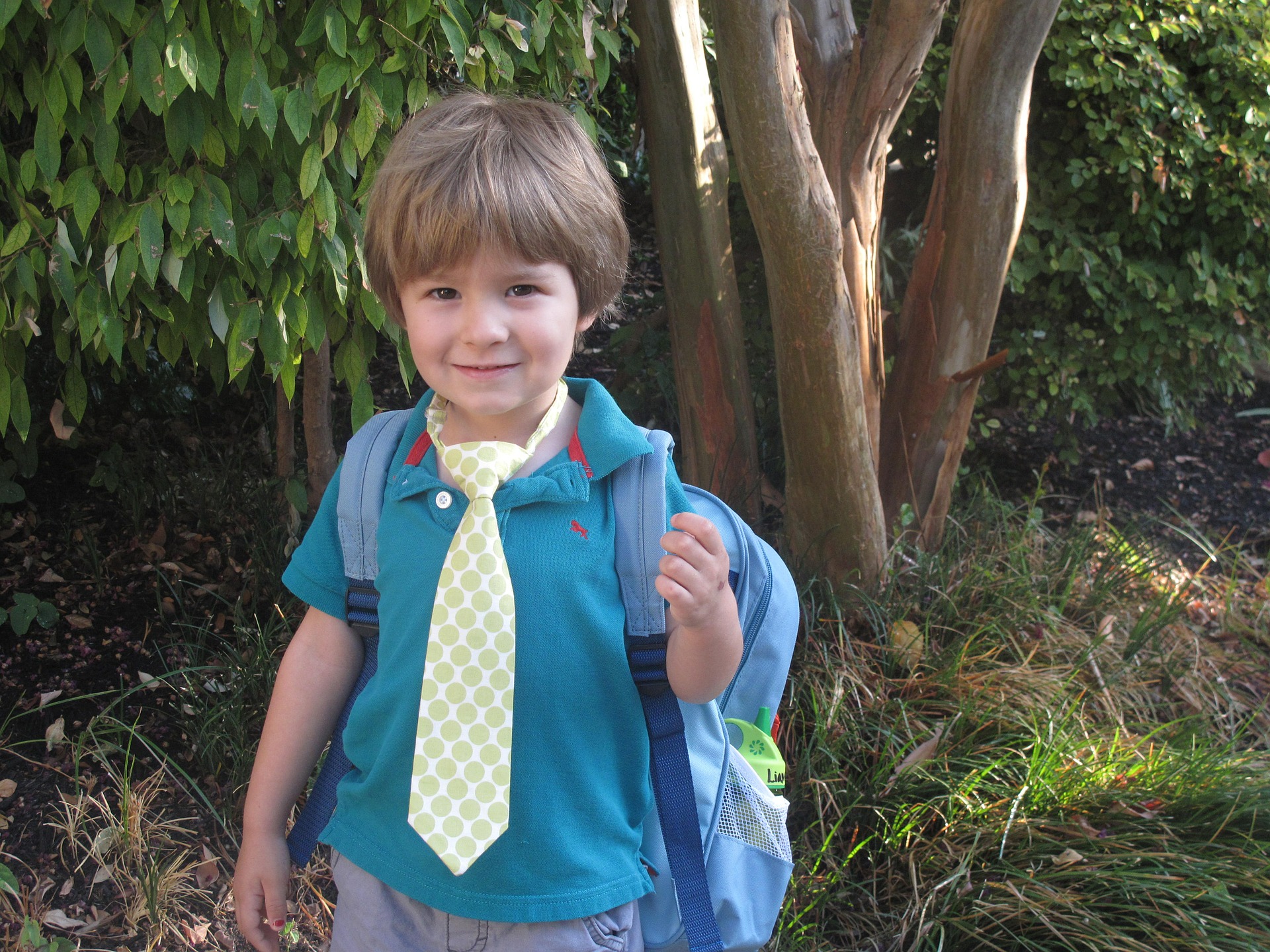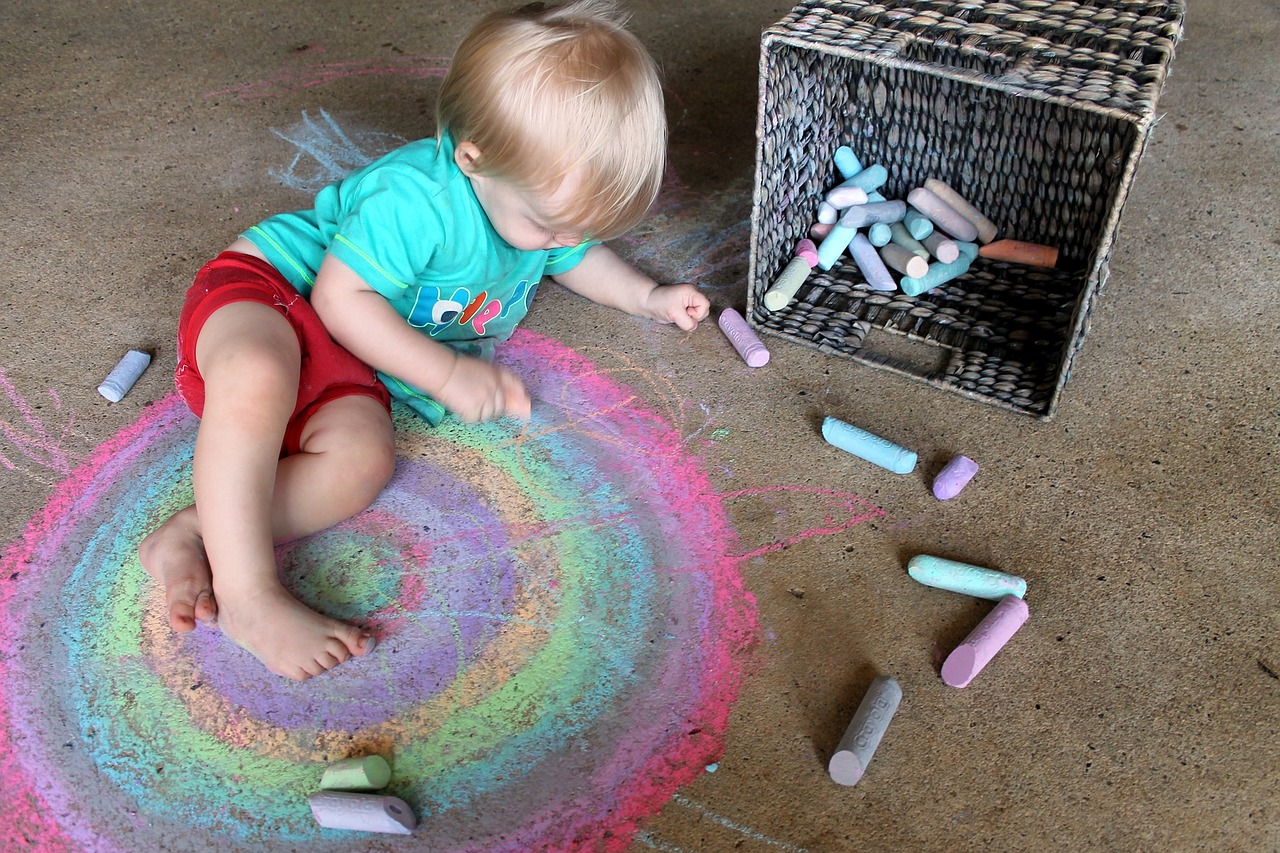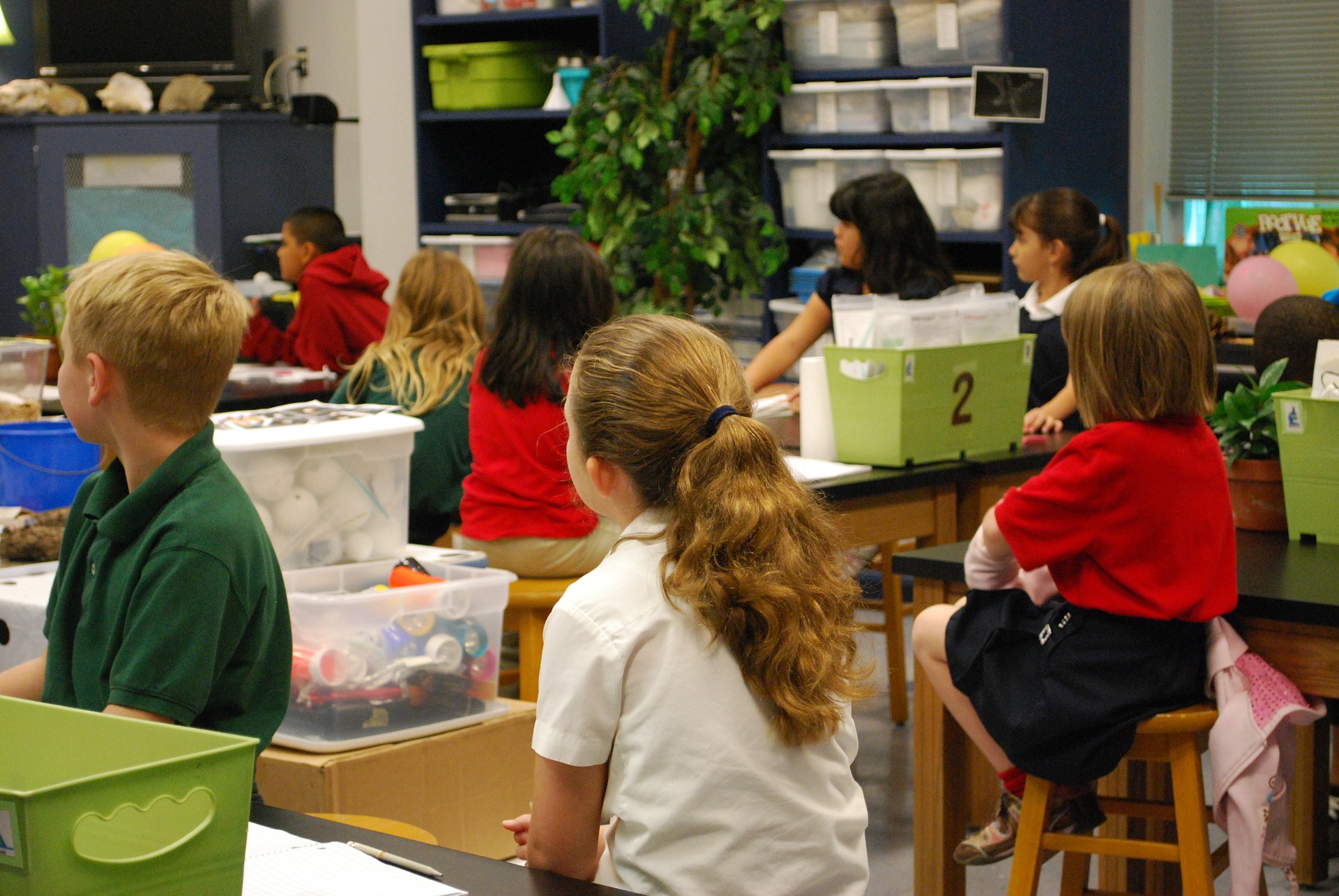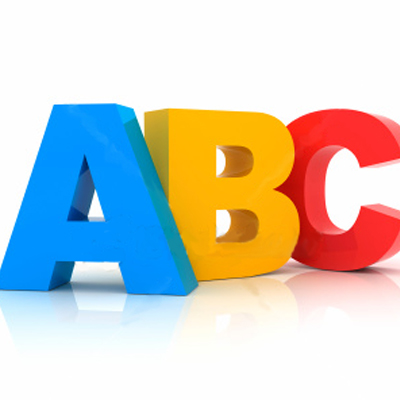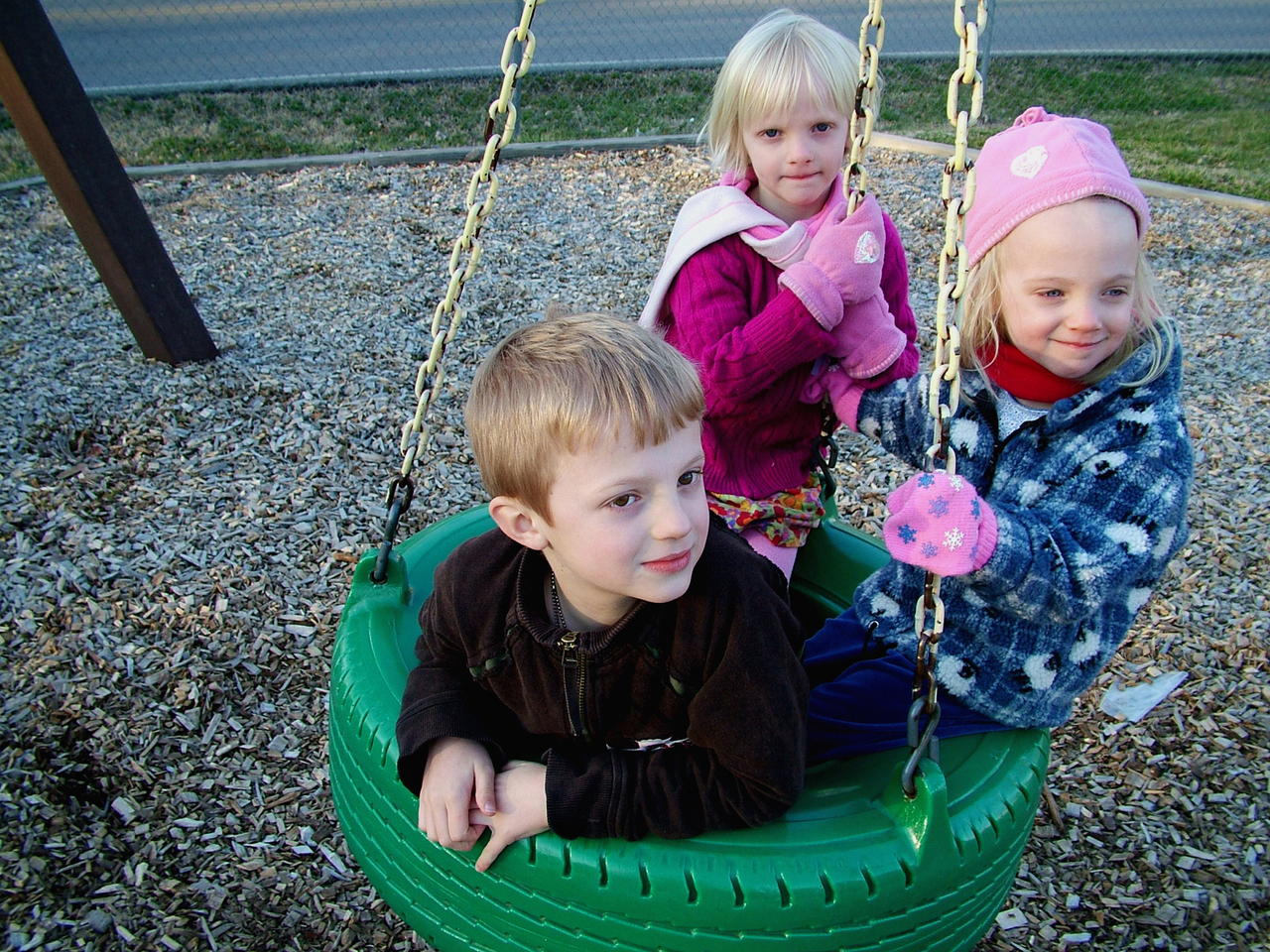4 Ways to Cheer Up a Kindergartner
They might seem too young to have a lot of problems, but kindergartners can get stressed. When things don't work out, they're not happy. It’ll usually be about friends and school. It's tempting to treat sadness with ice cream or cookies, TV time, or video games. But there are better ways to turn frowns into smiles.
"You don’t want to buy your kid's happiness. You want to give them skills that will help them overcome sadness or anger,” says Kristy vanMarle, PhD, assistant professor of psychological sciences at the University of Missouri – Columbia. "You don’t want to create kids who go to the icebox to deal with the letdowns in life." Doing that can lead to unhealthy weight gain and a lifetime of emotional eating. Try these healthy solutions instead:
1. Play together. When your child is upset about an unkind friend at school, spend time with them. "Kids really thrive on having sensitive, caring attention from their parents," says vanMarle. It lets them know that they're loved and special. One of the best ways to play is by doing something active. Take a walk or ride bikes together. Teach them that exercise curbs stress and feels good.
2. Talk it out. Kids this age often have a tough time putting words to their feelings. They might not be able to tell you they're "disappointed" or "frustrated." They just know they're not happy. You may have to help them express their feelings. Try: "It sounds like you're sad because Morgan wouldn't sit with you at lunch." Or, "I bet it hurt your feelings when Zach didn't pick you to be his partner." "As parents, it's important to not trivialize your children's emotions,” she says. “If kids are saying they're sad or afraid or mad, it's critical to sit down and talk about it. It validates their feelings and makes them realize they have support." Then, talk about what your child can do to feel better in that situation next time, like sit or play with someone else. Then let them know how they can feel better right now: "Let’s go for a walk together." Teach them that moving their body can help them feel better. The key is to listen and empathize, says vanMarle.
3. Give them alone time. Kids are so used to the noise of electronics, playing, and other kids, that sometimes a little quiet is a welcome break. It may help them relax and calm down. After you talk, consider letting them have some quiet time. Kids shouldn’t get more than 2 hours a day of TV, computer, or video games combined. Too much screen time keeps kids inactive when they could be moving and playing. Quiet time to play by themselves can help them learn how to be self-reliant, so they don't depend on others to keep them entertained or relax. "It's important for kids to be able to sit quietly once in a while without having input, without having instruction," vanMarle says. "That's a skill that you need to develop."
4. Get them to bed. Sometimes kids are cranky or don’t feel well because they're tired. School-age kids ages 5 to 12 need 10 to 11 hours of sleep a night. To make sure they get it regularly, set up a calming bedtime routine. Try a short talk about their day, a bath, and then read a book together. In their room, keep the lights low and the room temperature comfortable for sleep. Have them go to bed and get up at the same time every day. Teach them that their body needs to sleep so they have the energy to play and have fun. The good news is that kids this age easily bounce back when they're unhappy, says vanMarle. "As long as you're doing things sort of normally and being a sensitive caregiver -- giving them a lot of attention when they need it, and love, of course, all the time -- they should be fine." Written By Mary Jo DiLonardo Retrieved From: http://www.webmd.com/parenting/raising-fit-kids/mood/cheer-up-kindergartner
|
|





